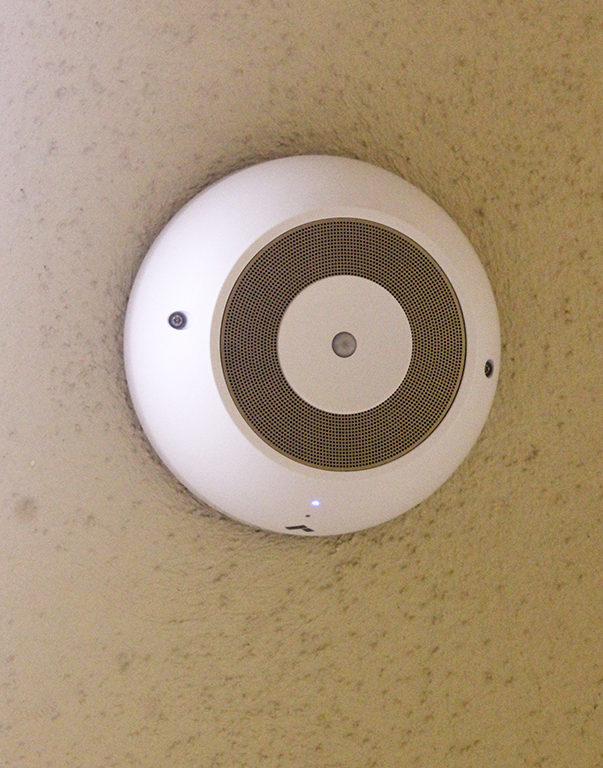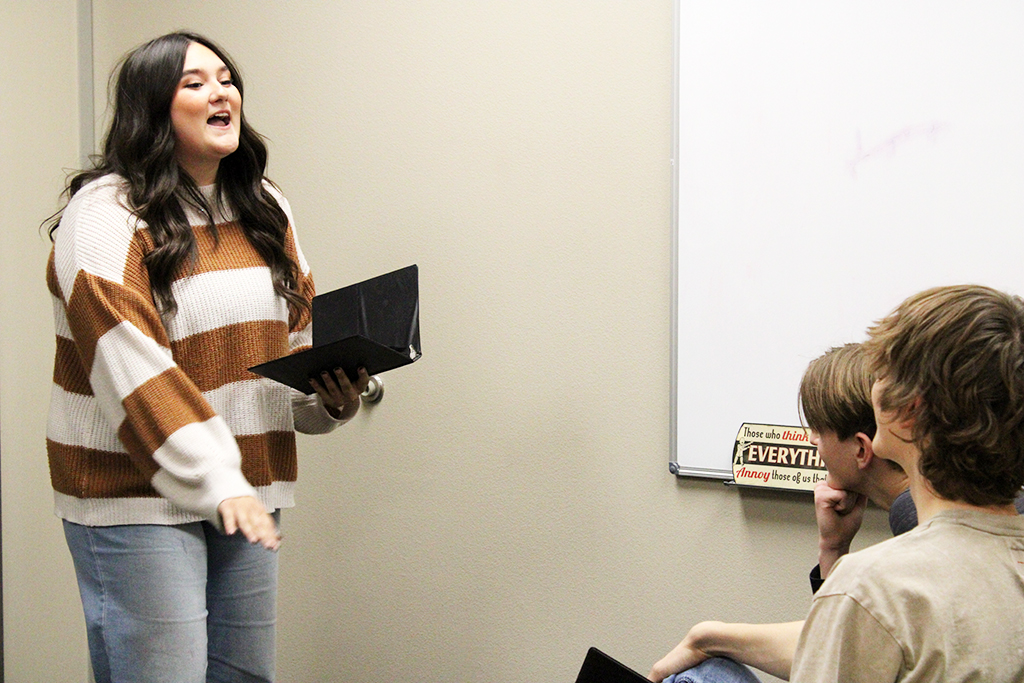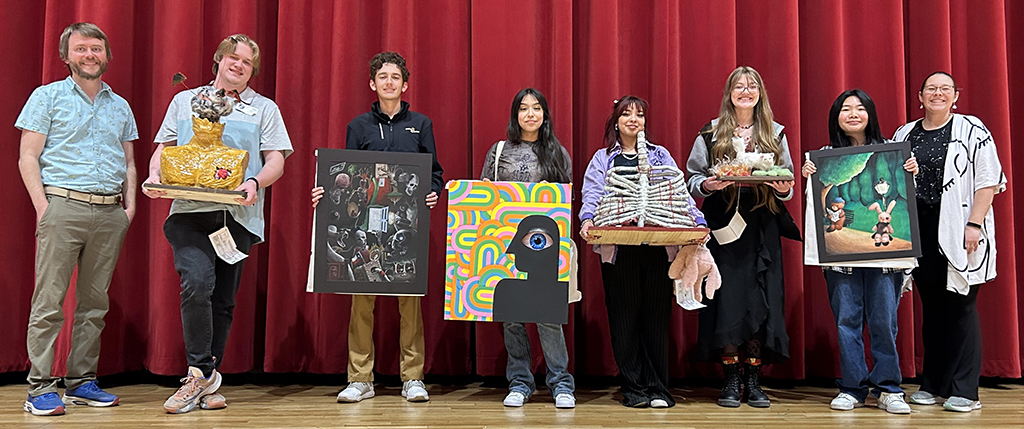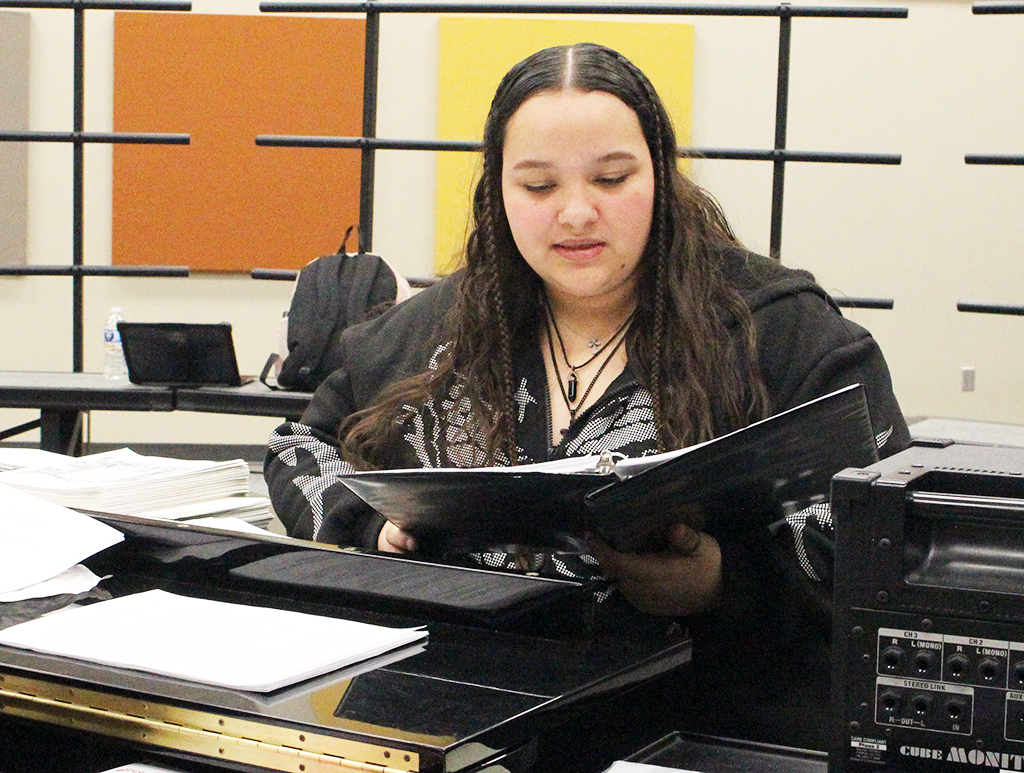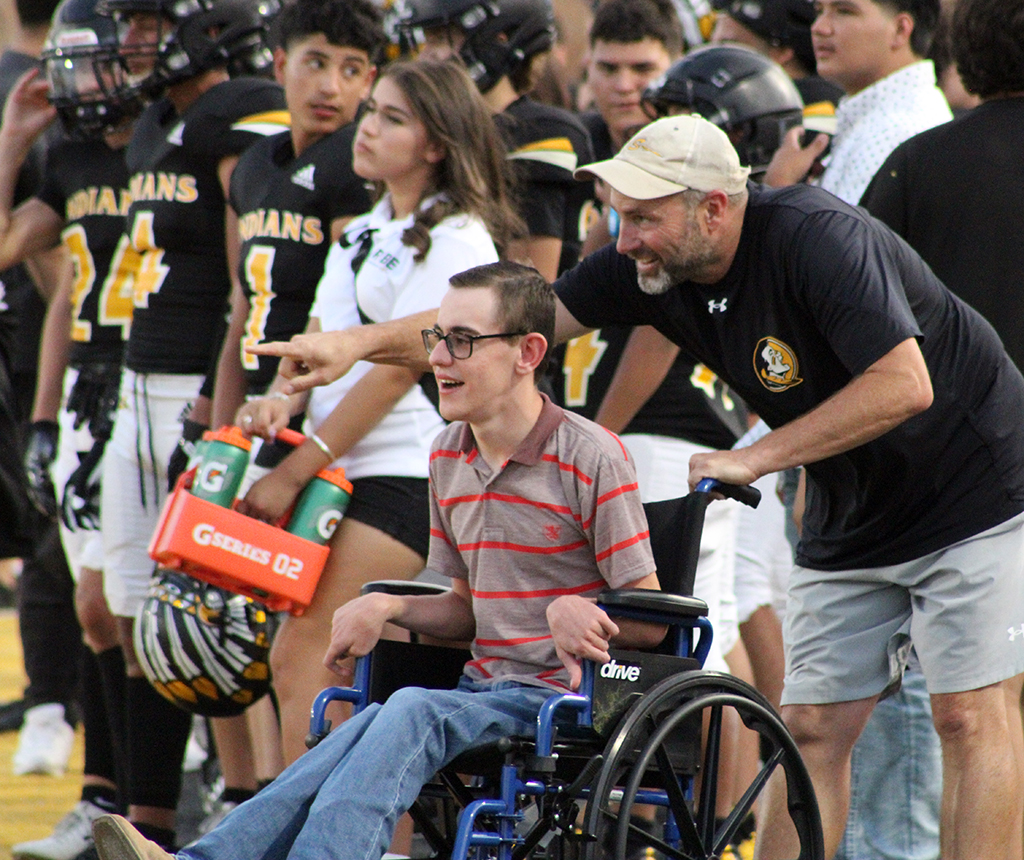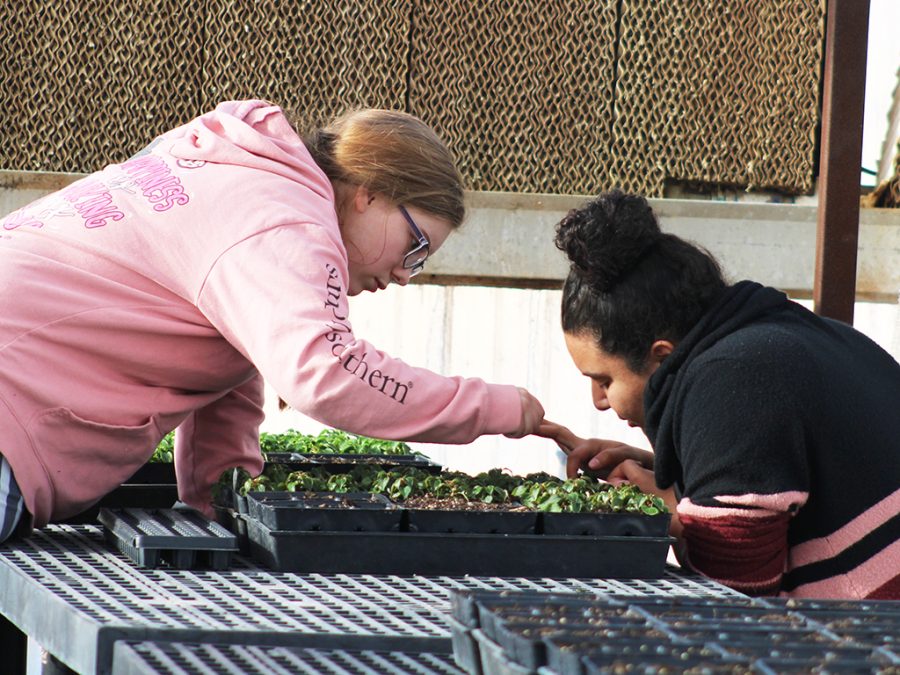The Dead on Arrival assembly brought to the forefront the realization that addiction is everywhere, and everyone is at risk.
“I think it’s just the high of addiction,” sophomore Jose Gonzalez said. “People don’t know that there are consequences, and when those consequences hit, it’s too late for them.”
Addiction is a chronic disease characterized by drug seeking and use that is compulsive according to the National Institute on Drug Abuse. While the initial decision to take drugs is voluntary for most people, repeated drug use can lead to brain changes that challenge an addicted person’s self control and interferes with their ability to resist intense urges to take drugs.
For instance, vaping is just as addictive as regular cigarettes. Vaping exposes users to around 2,000 chemicals, including potentially harmful industrial compounds, according to a study of four popular brands by researchers at Johns Hopkins University.
One senior vaper said they initially started vaping
because it helped them calm down and focus.
“I have tried to stop because it ended up leading to an addiction,” this senior said. “Whenever I tried to stop, I ended up having trouble paying attention in class and got anxious.”
One year ago, the Federal Drug Administration and the Centers for Disease Control and Prevention showed that over 11% of middle and high school students or 3.08 million had used a tobacco product during the past 30 days.
One of the things students learned at the October assembly was that four out of 10 drug users die from fentanyl poisoning.
Fentanyl is 50 times stronger than heroin and 100 times stronger than morphine according to the Centers for Disease Control and Prevention.
“It is scary that four out of 10 drug users die from fentanyl,” senior Bianette Nava said. “Someone could unknowingly touch or ingest fentanyl and they wouldn’t even know it until they start having the effects.”
Testimonials from family members of victims in the documentary Dead on Arrival brought the danger of fentanyl into focus.
“It scared me to see the families of the victims,” senior Camila Villalobos said. “They were sad because they lost a family member to fentanyl.”
Students need to say vigilant and aware of drug trafficking. They should know the dangers of counterfeit pills: their accessibility, availability and increasing lethality. They should know that one pill can kill.
Students can visit these website for help and information: DEA.Gov/onepill or call SAMHSA’s national helpline at 1-800-662-HELP(4357).

